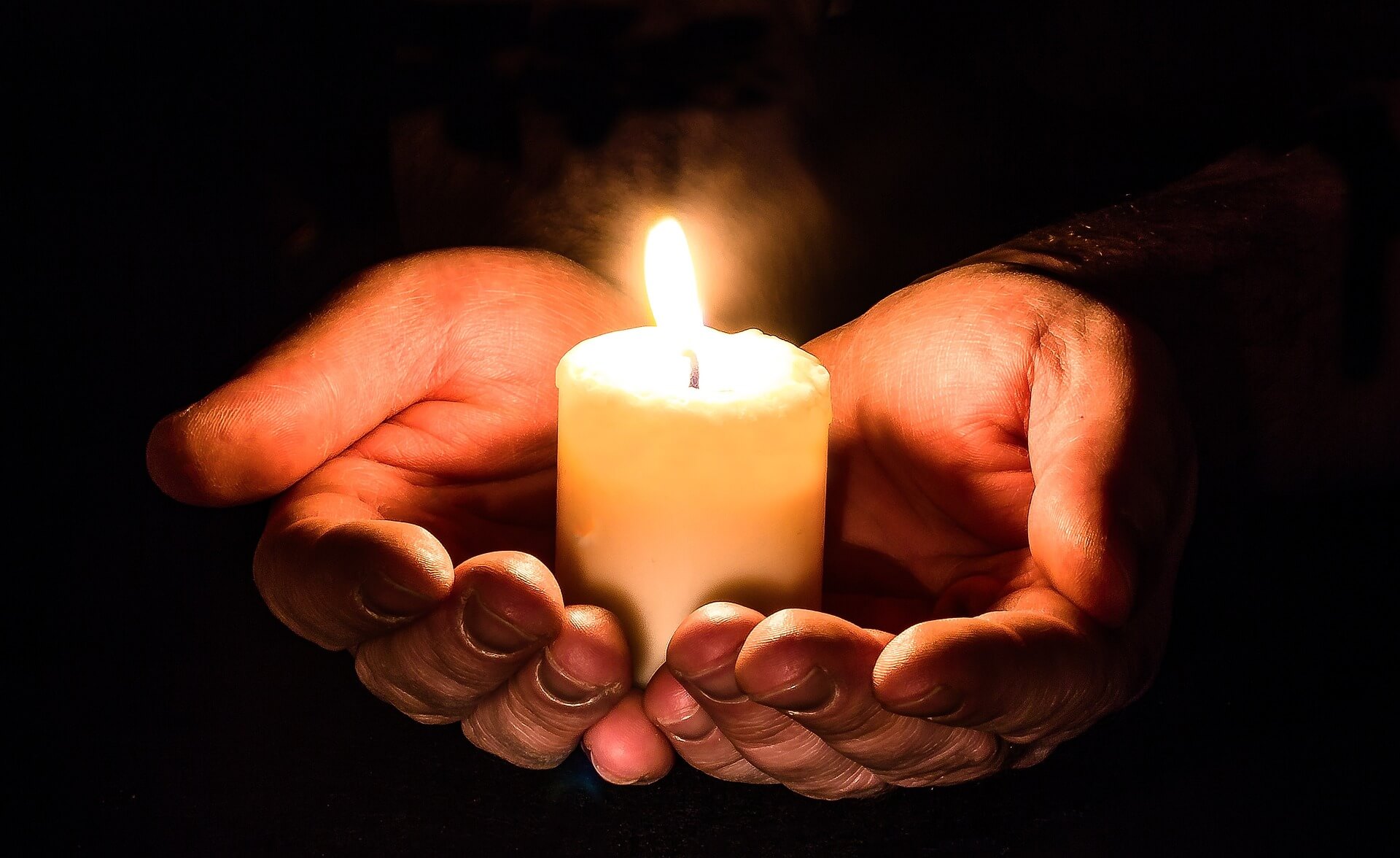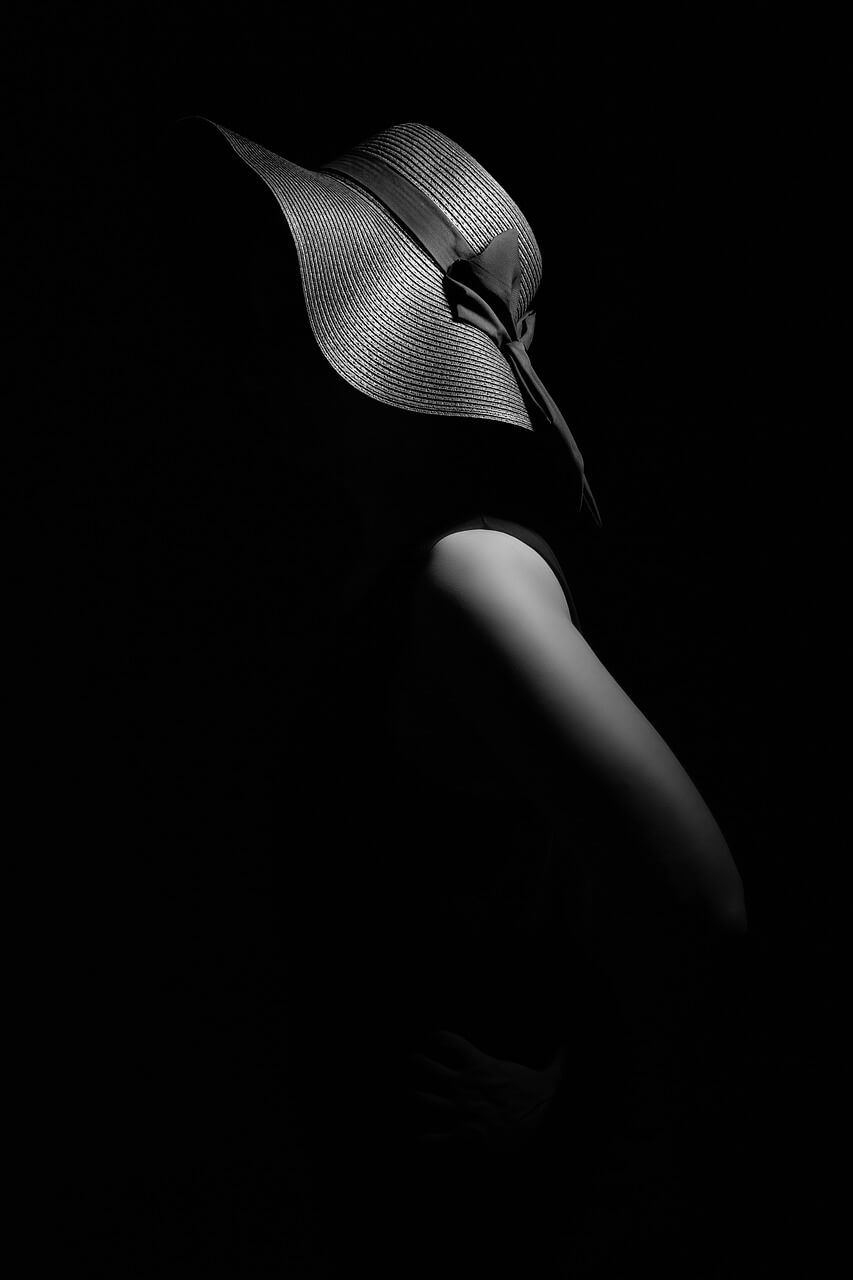The mother piece is hard to write about–I thought I was past being intimidated by the depth of my own feelings.
I am not.
My mother taught me that life is for learning, and what I learned from her and the loss of her–that’s more than a lifetime’s worth of learning. Or maybe it’s just the right amount.
When I think of things that she taught me and look at myself now, I realize that, on the whole, I lost those teachings when she died. As if the lessons lost their life as well. It’s all tied into my grief and emotions around the trauma of losing her. I don’t feel comfortable using the term “trauma” we all lose our parents (unless we die before them). How can I claim trauma for something so mundane? I realize, now, 20 years after losing her, that I can use the term “trauma,” losing her was a traumatic experience, and coupled with this paralyzing grief–it’s compounded trauma.
Mother Archetype – Real Mother
A mother is someone who we depend on, sometimes our mothers disappoint us, but in the subconscious, the mother archetype is real–it is dependable. When my mother was sick I could not depend on her for comfort or emotional stability, when I was in eighth grade and grew taller than my mother I could not depend on her to be comfortable with who I was becoming, and when I was two-and-a-half I could not depend on my mother to physically be present in my daily life.
My parents divorced when I was two-and-a-half and my mother moved out. Her reasons and motivations are her own and we never discussed them. My sister and I saw her, but not on a regular basis. When I was seven we started a regular schedule with her and she became dependable in my life again. For the five years that I did not know when I would see her next; my child’s mind never let go of the feeling that she was my loving and caring mother. I did not punish her for the time between visits. When she was happy, I was happy. When she wanted to bake cookies, I wanted to bake cookies. When she wanted to go for a hike in the woods, I went, it was hard at times, but I wanted to be there–with her.
We always had food and clean clothes at her house, we always had laughter and joy. A part of my child-mind did not register that there was anything lacking. Something was missing though, something intangible and indefinable; it left a mark on my life. I think it was apparent in my learning disability (though I probably would have had trouble in school anyway). I think it was present in my awkwardness with meeting new people and making friends. I think it became part of my gift; my ability to shut out my surroundings and live in my imagination. I think it grew into my fear of unknown situations and trusting.
I do not blame her for who I am and the challenges that I face in life. My own growth can’t happen when I’m tied up in the blame-game.

But, I do need to own my past and my wounds, this is important to me to move through my grief.
I had a therapist once tell me that I had probably been depressed most of my life and didn’t realize it–I think it’s more accurate to say that I have been living in grief most of my life. Grief implies loss and the reactions and consequences of that loss. I was in a state of loss when I was two-and-a-half and I have lived in that state ever since.
I have wonderful and joyous memories of the times spent with my mother. Sometimes the memories feel tainted by her loss, but when I breathe into the memories and let them fill me, I can feel the purity and honesty of those moments in time.
Perhaps when I fear the enormity of my emotions I am partly fearing the joy along with the sadness. The emotions that surround my relationship with my mother can be paralyzing, it is part of my nature to retreat and not move forward. This is a challenge that I decided to start facing.

Do I grieve for my mother–her as a person? Yes.
Do I grieve not having a mother? Yes.
Do I grieve the unanswered questions and unresolved emotions? Yes.
Can I move forward in my life, with my grieving process? Yes.
Can I move forward passively? No.
Can I actively accept my grief? Yes.
It’s all a process–living and grieving, for me, are all tangled up together. The process of going about my daily life can be partly about pushing through my grief or understanding it. Perhaps not understanding the big GRIEF, but recognising that my decisions, actions, and feelings stem from my grieving nature. Since I have been living in a state of grieving since I was two-and-a-half most of my nature is tied to grieving. It doesn’t make me sad or feel deprived–I feel liberated that I understand this part of myself and what drives me.
Loss is at the core of my natural state; the way I see myself and the world around me. My world is full of beauty, and anyone who has read Bittersweet by Susan Cain can appreciate the beauty in the painful experiences, and the ability to express and accept beauty and melancholy together–no less powerful than joy and laughter.
Teachings
My mother could be frivolous, in fun ways, and she taught me that. But what she unintentionally taught me is that life can be fulfilling without lighthearted joy. I can have both, I can have all, and I can be an active participant in my own life even while feeling limited by my hesitancy to explore new situations and meet new people. So many times when I stuck my neck out it was snapped back by others. I took this personally for a long time–other people don’t like me, other people don’t recognize me and what I have to offer.
Well, maybe that’s true. But I do know what I have and maybe what I have to offer isn’t for the world to consume.
The mother piece, for me, has been this nebulous hole that I shift around but don’t dive into or acknowledge its scope. After years of living in grief and attempting to deny that, I recognize that the mother piece is not something to run and hide from, it’s a part of me that I can sustain wisdom and even comfort from.
Embracing the mother piece is a process of bringing myself into a state of wholeness. Wholeness has been a goal of my life, and I never understood why it felt so elusive, until recently. I was first introduced to the idea of wholeness as a teenager–and I understood then, and still agree, that wholeness is ultimately what we yearn for–our soul, spirit, mind, subconscious, conscious, physical bodies–all the selves that we can claim as “me.”
 The desire for wholeness encompasses self-acceptance, and my subconscious got the idea that I was not enough or okay at a young age, therefore wholeness was out of the question. Self acceptance for me, is in large part about embracing the mother piece. Without honoring the part of me that is my mother, the part of me that was injured by my mother, the part of me that longs to be seen by my mother, held by her, and loved by her–without admitting those parts of myself I cannot let wholeness in. Likewise, wholeness includes the parts of me that laughed with her and cherished her joys. When I feel her love and see her smile in my mind’s eye I can breathe into the feelings and remember the love. For many years when I remembered her smile, I felt love and pain equally, or perhaps the pain of loss even more. It takes effort to feel the love stronger than the pain.
The desire for wholeness encompasses self-acceptance, and my subconscious got the idea that I was not enough or okay at a young age, therefore wholeness was out of the question. Self acceptance for me, is in large part about embracing the mother piece. Without honoring the part of me that is my mother, the part of me that was injured by my mother, the part of me that longs to be seen by my mother, held by her, and loved by her–without admitting those parts of myself I cannot let wholeness in. Likewise, wholeness includes the parts of me that laughed with her and cherished her joys. When I feel her love and see her smile in my mind’s eye I can breathe into the feelings and remember the love. For many years when I remembered her smile, I felt love and pain equally, or perhaps the pain of loss even more. It takes effort to feel the love stronger than the pain.
Love & Pain
For many years there was no separation in the emotions. I would see her glowing smile and all I would feel was a stab of pain, sadness for me, her, and everyone her life touched. That was what I thought I needed to feel when I thought of my mother and so I turned away from the mother piece in my life–I didn’t let it in. I tried not to think of her too much, not in any detail. My sister, aunt, and I spoke of her, and it would hurt so I would stop there. Stop when the hurt filled my heart and my lungs. That hurt sits and it can fester but it doesn’t transform. I think of my mother every day, I cannot help it, but when I am alone I just think of her–or maybe a painful memory towards the end of her life. When I talk to my sister or aunt sometimes we share funny memories and I laugh, but it still turns to sadness–the pain stifles the desire to laugh. I know my mother loved me, and that’s one of the most painful statements to make–why doesn’t that bring me comfort?
Love and pain are tangled. The pain is there, always running on B role in the background of my mind, but why would I court that? Embrace it?
Perhaps it’s because I know that if I let go of the pain then I let go of part of her–some part of her that is still alive for me. As long as I hold onto the bundle of emotions I do not lose her completely. And some small voice in my head asks, “What is so terrifying about losing her?” She no longer walks this earth. I cannot have a conversation with her. I cannot hug her or feel her hand on mine. How can I lose her again or more than I already have? What is the fear of loss about?
I let the pain sink me over and over, and I know there’s nothing to be proud of in that. I know she would not wish that upon me. She would, in fact, be disappointed that I let myself be paralyzed in my grief.
It is important to note, I think, that I didn’t always realize that the grief held me back. I have accomplished many things in my adult life and kept a busy schedule. But that’s not the same as moving forward or transforming the grief into a fuel.
Is that even possible?
Transformation
I wrote my dissertation on transformation in fairy tales. I have always been fascinated with transformation–in fantasy and in life. When I was in high school I took a few years of Latin and that’s when I was introduced to Ovid’s Metamorphoses. These are mythological stories of transformation, like Daphne becoming a laurel tree, or Echo, a young chattery girl, becoming disembodied–just an echo in a cave. Some of these stories answer questions that a child might innocently ask a parent “Where does an echo come from?” Ovid had a masterful way of embracing the child’s view and the adult’s interests. There are physical triumphs and emotional battles. Apollo, one of the strongest and most arrogant of the gods lost Daphne, his love, because the child god Cupid wanted to knock Apollo down a peg.
The fairytale tradition is similar to mythology in that the characters are human or like humans, flawed and passionate. The impetus for transformation in fairytales comes from outside of the protagonist–something hurts them and propels them to change. Fairytales are written by humans and always contain some metaphor for life. Can a person be enchanted to sleep for a thousand years? No, but we can be paralyzed and not move forward. When I wrote about Sleeping Beauty in my dissertation I did not make a connection to my own life or grief. Now that I have had some distance from the intensity of dissertation research and writing I have the luxury to see how fairytales can be cathartic for my own process.
Pain and Happiness abound in fairytales and one part that critics pick on is the “happy ending” Life doesn’t always have that happy ending, we don’t get our perfect partner or beautiful child, or wealth and physical comforts. And as a fairytale scholar, I know two things: fairytales are metaphors and not literal; and who wants to read a depressing story about a heroine who fails and dies miserably? We write uplifting stories because we want that for ourselves. That’s why romantic comedies are popular. That’s why murder mysteries have a solution–the bad guy is discovered and punished.
For many years I didn’t want to admit that I craved happiness, that was a show of weakness I thought. Because once you let happiness in then you’re unguarded when the shit to hits the fan. I know that’s part of the illusion of safety–there’s no safety from the uncertainties of life. Embracing the grieving process, seeing life for what it is–the joy and heartache, living life instead of watching; these are all ways to transform.
Fairytales are metaphors and can mirror ordinary life in extraordinary surroundings. Mothers often die in fairytales and life does not stop, there is pain, sadness, and often suffering. And then there is change and the promise of a new life. Fairytales were written and developed by people who experienced life and I think these stories were a way to explain the unexplainable and bring some semblance of order or balance into an unjust world. Transformation, not magically, can be real–mentally, emotionally, and physically. My grief has affected me in all these ways and transforming that grief can change all those things in my life as well.
Perhaps grieving can be a peaceful experience–or at least a more peaceful experience than I thought for so long. The effort I put into holding onto my pain–that same amount of effort can go into transforming it–moving through it and seeing love with and without pain.






